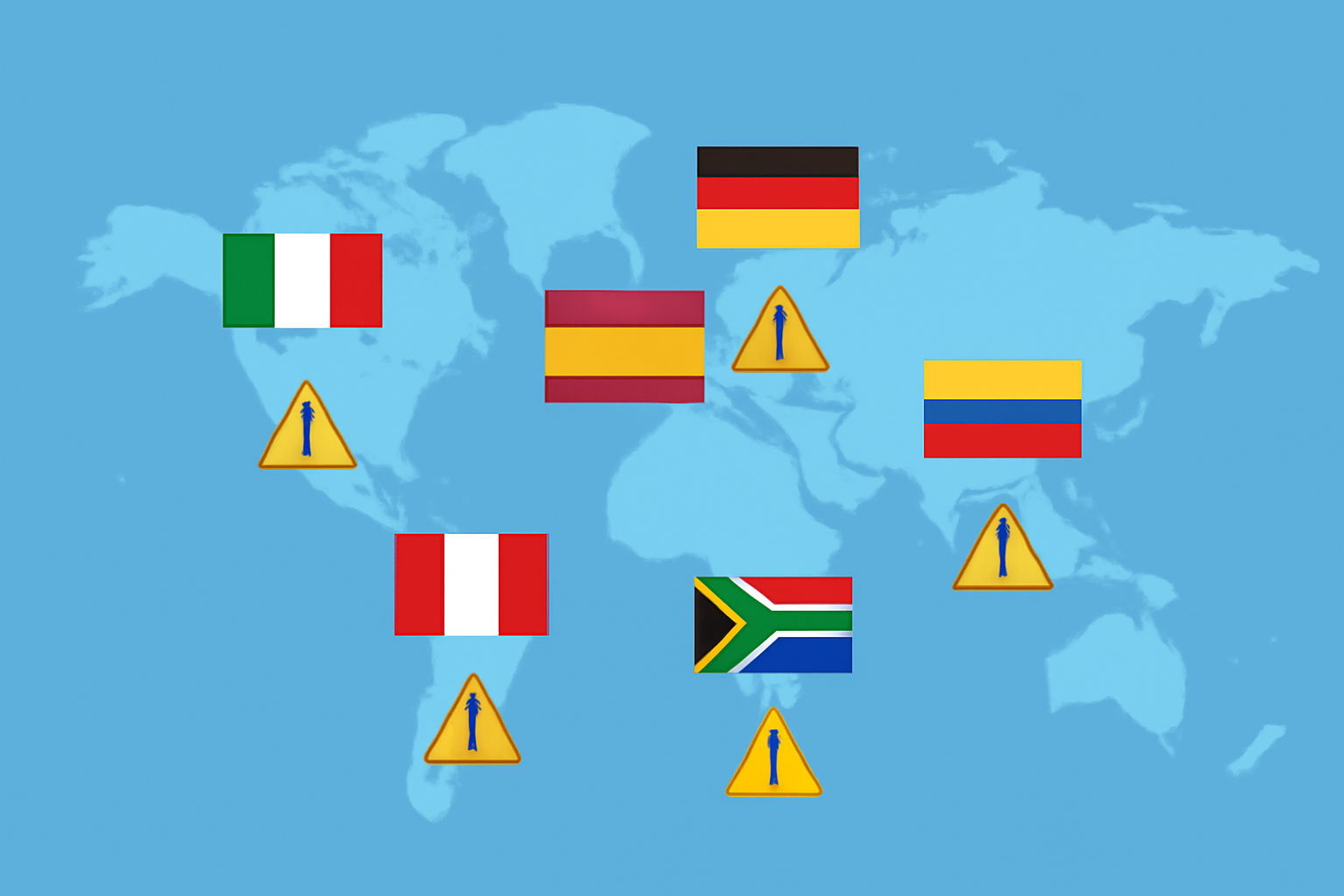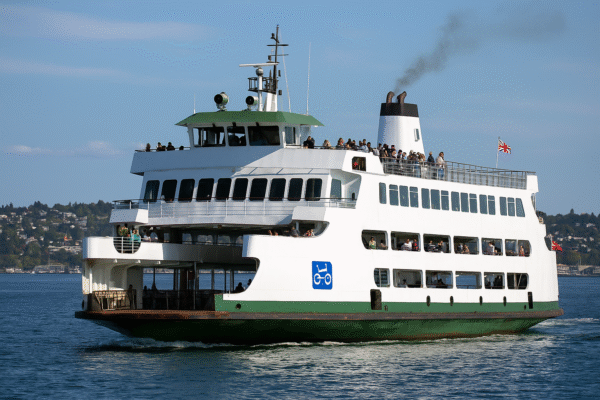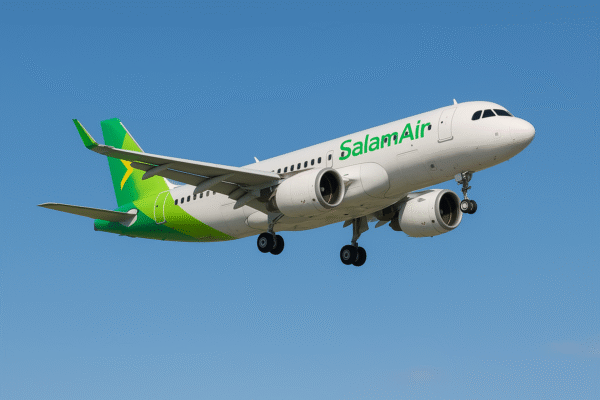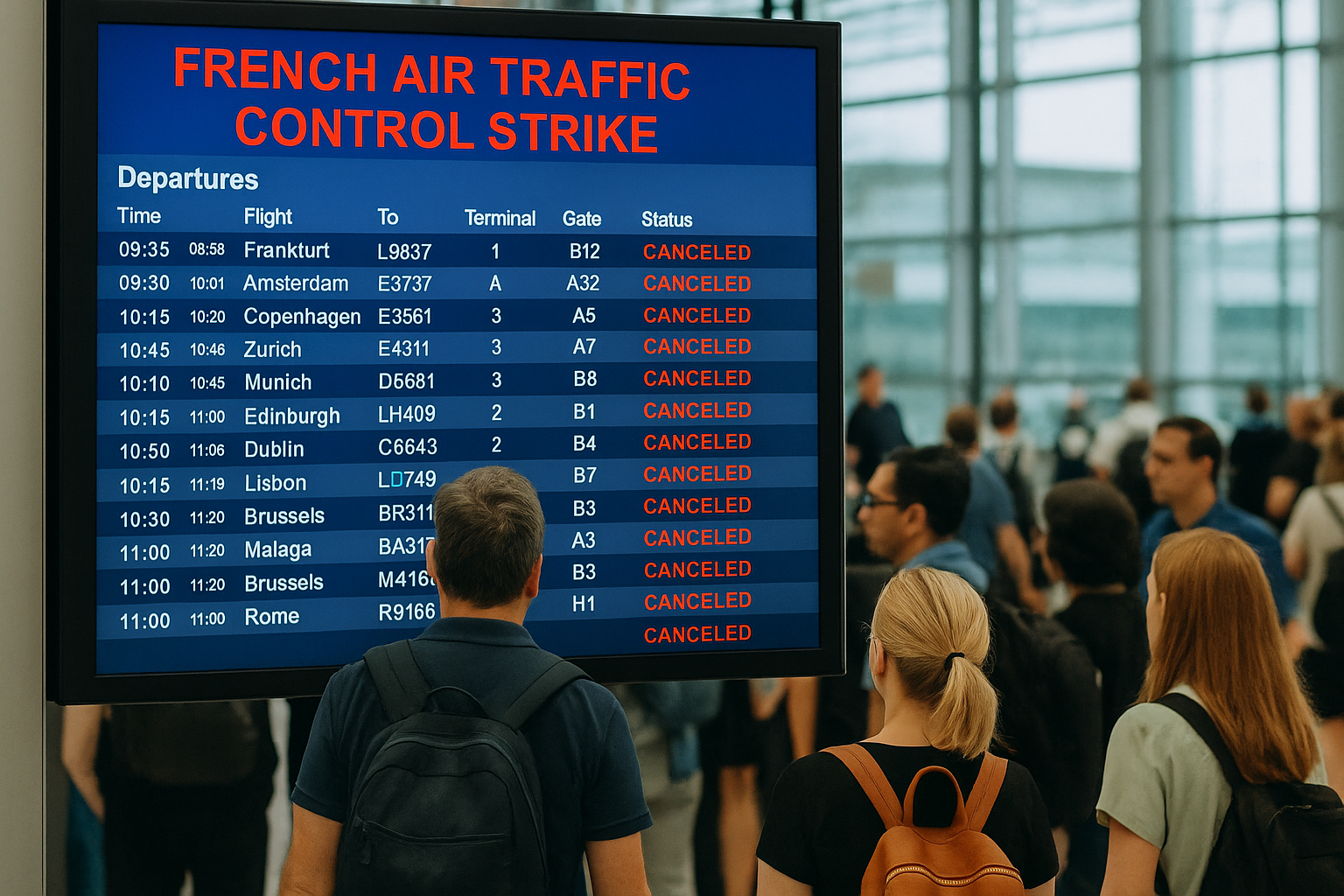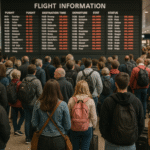A major strike by French air traffic controllers has caused severe disruption to air travel across Europe, with over 1,500 flights canceled and nearly 300,000 passengers affected. The two-day industrial action, which began on Wednesday, July 3, was initiated by two major unions—UNSA-ICNA and USAC-CGT—to protest against outdated infrastructure, staffing shortages, and deteriorating working conditions within France’s air traffic control (ATC) network.
The walkout triggered chaos across French and European airspace, stranding thousands of travelers and affecting both short-haul and long-haul operations. French airports such as Paris Charles de Gaulle (CDG), Orly, Nice Côte d’Azur, Beauvais, Lyon Saint-Exupéry, and Marseille Provence experienced mass flight cancellations and delays, disrupting one of the peak periods of Europe’s summer holiday season.
Widespread Impact on Airlines and Passengers
Low-cost carriers were among the hardest hit. Ryanair reported that it had to cancel 468 flights, affecting over 70,000 passengers, while EasyJet scrapped 274 flights, including 150 on Thursday alone. British Airways, Lufthansa, and Air France also faced widespread delays and last-minute cancellations, as limited ATC resources led to restricted airspace use, particularly over France.
According to France’s Directorate General for Civil Aviation (DGAC), up to 40% of flights at CDG and Orly were scrapped, while Nice Airport saw over 50% of services canceled. This disruption created significant bottlenecks in neighboring countries, including the UK, Spain, Germany, and Italy, as rerouted flights created congestion in alternative air corridors.
Airline passengers described overcrowded terminals, long queues, and little communication from staff. Families with children and tourists attempting to reach Mediterranean destinations found themselves either grounded or scrambling for alternate travel routes, such as trains or buses.
Ripple Effects Across Europe
The strike’s reach extended beyond France’s borders. Flights crossing French airspace—even if they were not departing from or arriving in France—faced rerouting or grounding due to reduced ATC coverage. This especially impacted trans-European services, with airlines having to adjust flight plans and extend journey durations.
To compensate for lost capacity, British Airways deployed larger aircraft on certain routes, while Ryanair launched a social media campaign demanding that the European Commission take immediate action to protect overflights, especially those not originating or terminating in France.
Meanwhile, Eurostar passengers departing from London St Pancras also faced disruptions, although these were unrelated to the ATC strike and instead linked to track issues in northern France, compounding the travel misery for thousands.
Government and Airline Reactions
Political leaders and airline executives have criticized the strike’s timing and broader impact. French Prime Minister François Bayrou described the action as “shocking,” accusing unions of holding public mobility “hostage” during the high season. Transport Minister Philippe Tabarot warned that the strike could cost the aviation industry millions of euros in losses.
Ryanair CEO Michael O’Leary expressed his frustration with the lack of legislative protection for overflights during national strikes. “It is unacceptable that flights not landing in France are being grounded because of internal labor disputes,” he said. O’Leary urged the European Union to implement laws that would allow non-French-bound flights to continue operating through French airspace during ATC strikes.
What Travelers Need to Know
Passengers whose flights were canceled due to the strike are entitled to refunds or free rebooking, as per EU Regulation 261/2004. However, airlines are not required to offer financial compensation in this case because the strike qualifies as an extraordinary circumstance.
Travelers are encouraged to:
- Check airline websites and apps frequently for real-time updates
- Arrive early at airports to accommodate longer security and check-in queues
- Pack light and use hand luggage to avoid delays at baggage claim
- Confirm travel insurance coverage, especially regarding hotel costs or missed connections
For those whose trips are essential, booking alternate transport such as high-speed rail or buses might be necessary. SNCF and Ouigo trains in France saw a significant surge in last-minute bookings as flyers sought alternative ways to reach their destinations.
Potential for Further Disruptions
The striking unions have warned that unless reforms are made soon, additional strikes may occur throughout summer 2025, particularly during August, the height of France’s tourist season. Their demands include modernized radar systems, increased recruitment, and improved work conditions for controllers.
The European Organisation for the Safety of Air Navigation (Eurocontrol) has previously flagged France’s ATC network as being one of the oldest in Europe, and analysts say systemic investment is essential to prevent future operational bottlenecks.
In June 2025, a near-miss incident near Bordeaux raised concerns about ATC overload and operational fatigue, further bolstering the unions’ call for urgent change.
Conclusion
The French air traffic control strike has not only crippled operations within France but also sent shockwaves through the entire European aviation network. Nearly 1,500 flights were canceled, and up to 300,000 travelers faced delays or disruption. With the peak summer season in full swing, the situation underscores the fragile balance between labor rights, infrastructure shortcomings, and traveler expectations.
As talks continue between the French government and unions, travelers are advised to stay informed, remain flexible, and consider alternative routes. The incident also highlights the need for EU-wide reform in handling airspace management during national disputes—before the next crisis hits.
For more travel news like this, keep reading Global Travel Wire






